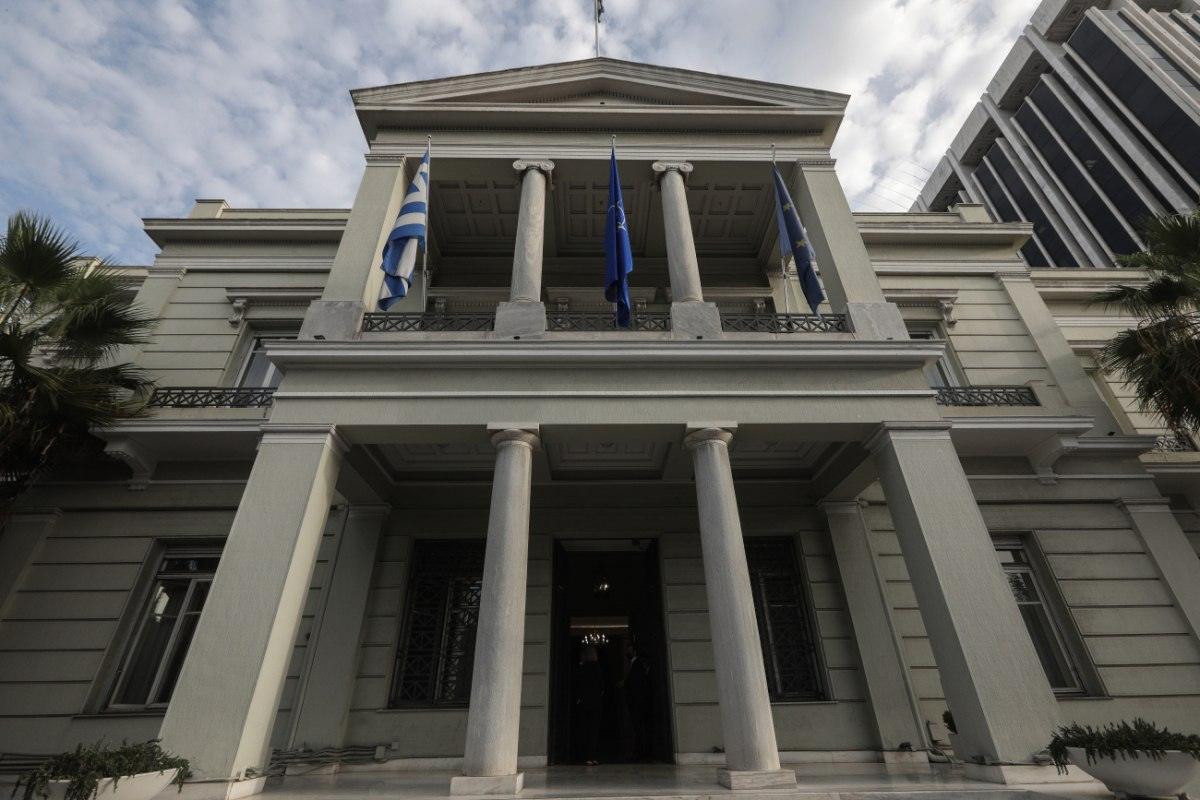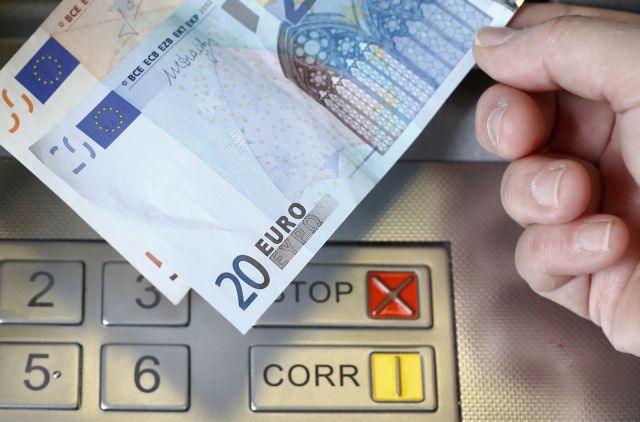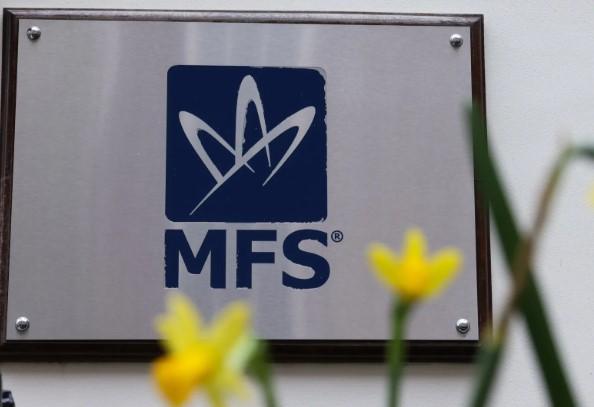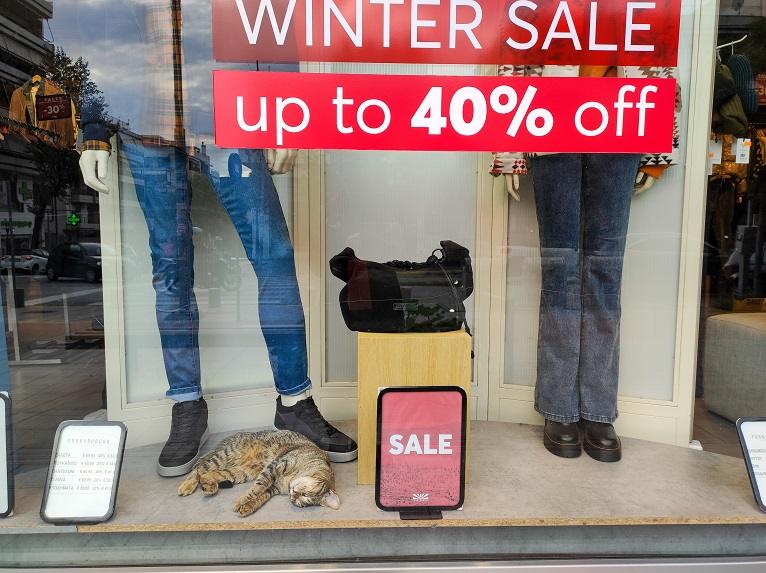Although the barrage of Euro-interest rate increases has hurt borrowers, with the jump in costs, the rise has not passed on to deposit yields, with the gap between loans and deposits being significantly large in Greece.
A report by DBRS Morningstar concludes that only 13% of the increase in interest rates from the ECB and the interbank market have been passed on by European banks to deposit rates. Since the ECB started hikes (July 2022) until the end of April, key interest rates have risen by 3.5 percentage points. The euro interbank rate (12-month euribor), which is affected by the ECB’s moves, has increased from the end of 2021 to the end of April by 4.25 points. This interest rate affects the cost of money for banks, that is, it is what they lend to each other.
In Greek banks, the part of the interest rate change that is transferred to the deposit rate is just 6% of the increase in Euro interest rates until the end of April, placing Greece in 9th place among 13 countries. However, the DBRS records considerable variation from country to country, with the percentages of increases ultimately passed on to deposit rates varying between 2% and 23%. Cyprus is in the lowest position, while France is in the highest.
DBRS Morningstar notes that there are several factors, such as the type of deposits and the banks’ funding structure. Thus, banking systems with high deposits, such as Greece’s, tend to face less pressure to pass on rising interest rates to the cost of deposits.
According to data from the Bank of Greece, deposits are almost twice as much as loans, so the largest percentage of loans is financed by savings. By contrast, in the eurozone the loan-to-deposit ratio is over 100%, which means that banks are borrowing from the market to make more loans. Therefore, they proceed to hike deposit rates to raise cheaper liquidity compared to market costs.
However, these decisions take into account the distribution of deposits into first demand (Savings Bank, Demand) and term deposits. The highest interest rates are observed across Europe (as well as the largest differences) in term deposits.
In Greece, from December until today, there was a movement of funds towards time deposits due to the increase in interest rates on these accounts and the creation of new products. However, most of the deposits remain in the Savings Bank and in Demand. However, in the latest published data, a convergence of 1-year deposit rates with those of the EU is observed.
According to research by the central bank of Spain, the important factors that explain the difference from country to country in the level of interest rates and how the increases are passed are the amount of excess liquidity of the banking system and the concentration of the market. The Bank of Greece has recorded in its report that the non-transfer of increases in deposit yields is mainly due to the particularly low cost of all Savings and Demand deposits which are priced very low throughout Europe – practically close to 0%.









































